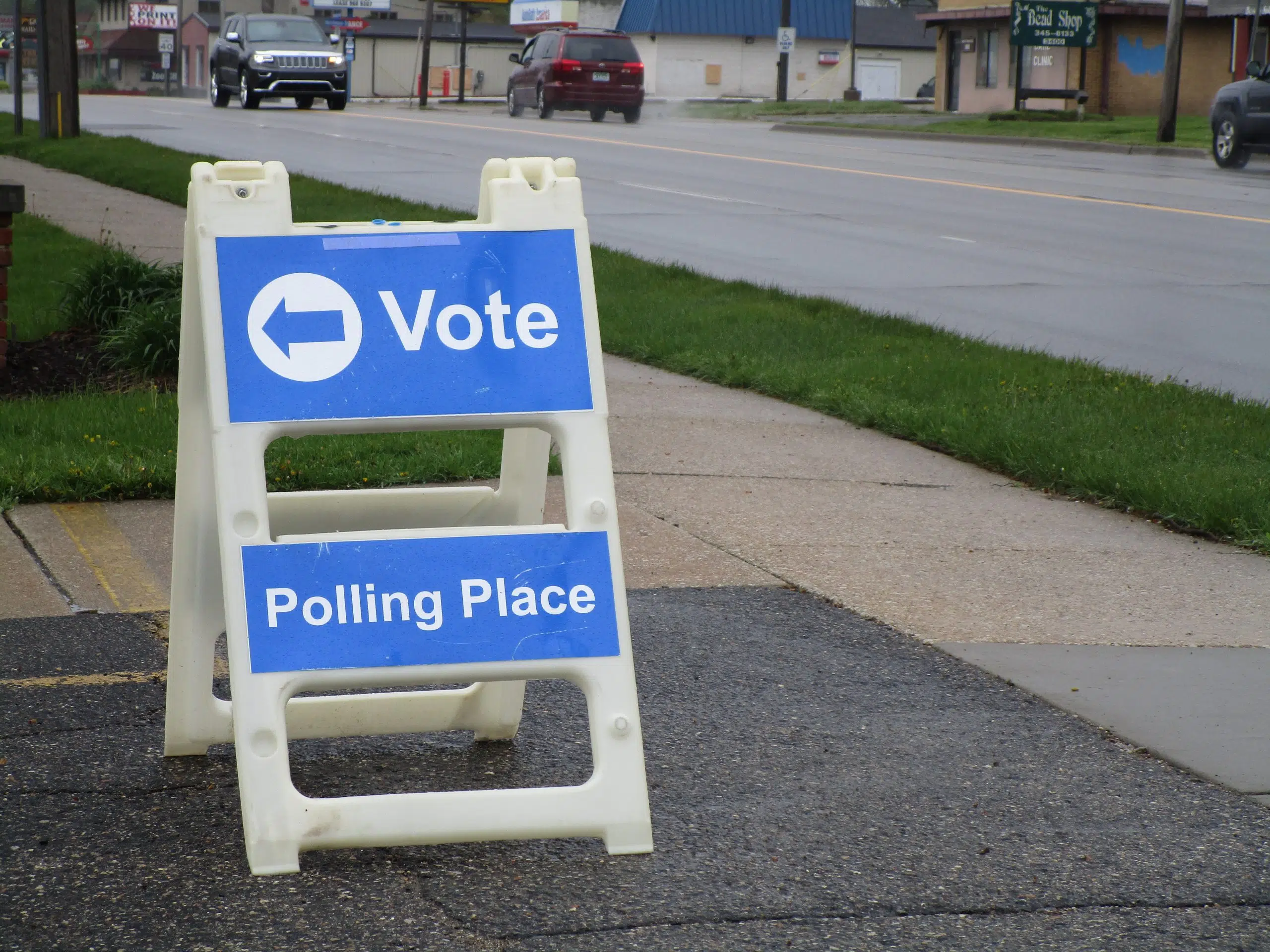KALAMAZOO, MI (WKZO AM/FM) — On the November 2020 General Election Ballot, Michigan voters are being asked to consider Proposal 1, which would change how state parks and their infrastructure are funded through gas and oil operations in the Michigan Natural Resources Trust Fund.
As written, the proposal reads as follows:
“A proposed constitutional amendment to allow money from oil and gas mining on state-owned lands to continue to be collected in state funds for land protection and creation and maintenance of parks, nature areas, and public recreation facilities; and to describe how money in those state funds can be spent.”
According to the State of Michigan sample ballot, if approved by voters, the proposal would make the following changes:
- Allow the State Parks Endowment Fund to continue receiving money from sales of oil and gas from state-owned lands to improve, maintain and purchase land for State parks, and for Fund administration, until its balance reaches $800,000,000.
- Require subsequent oil and gas revenue from state-owned lands to go into the Natural Resources Trust Fund.
- Require at least 20% of Endowment Fund annual spending go toward State park improvement.
- Require at least 25% of Trust Fund annual spending go toward parks and public recreation areas and at least 25% toward land conservation.
Tuesday, representatives showing support for both “yes” and “no” votes spoke to WKZO on what an approval for this measure would look like.
Rich Bowman is the State Policy Director for the Nature Conservancy, and is voting “yes” on the proposal.
“The Michigan Natural Resources Trust Fund is a mechanism in the Michigan constitution that requires any money the state receives when it sells state-owned minerals to be used for one of three purposes,” Bowman said in an interview. “The first purpose is to buy lands that are of scenic or recreational significance or environmental importance. The second purpose is the development of recreational facilities and public access on those lands, and the third is to cover the administrative costs and to make payments in lieu of taxes to local units of government that are purchased with the fund.”
Bowman says almost every area in Michigan is affected by this policy.
“Since it was created in 1976 and put in the constitution in 1984, we’ve had over $1.2 billion worth of projects in every county in the State of Michigan that have been funded with this without a penny of state taxpayer dollars in it,” Bowman said. “Pretty much everywhere from the Detroit Riverfront to the tip of the Keweenaw Peninsula, there are places where there are public lands and outdoor recreational opportunities that have been funded with the trust fund.”
As written, Bowman says the fund policy must spend at least 25 percent of whatever it decides to spend each year on land acquisition, but no more than 25 percent can be used for recreational facility development.
“We’re changing that so that they still have to spend at least 25 percent on the acquisition of lands, and they have to spend at least 25 percent on the development of recreational facilities,” Bowman said. “The reason for this is that, under the current language, after the 25 percent is spent on land, the other 75 percent could be spent on administration and payment in lieu of taxes, and it still would be perfectly legal and in line with the constitution. By making this change, we give the same guarantee to recreational access that we have given to land protection since the start of the fund. We just make sure that at least 50 percent of the money goes toward what we think the citizens of Michigan really want, which is public land and public access.”
He said that those funded projects can include handicap-accessible entrances, nature trails and wildlife viewing areas.
“Part of the way we get folks to appreciate nature and appreciate our public lands is to build those public access and recreational facilities, so they can get out there and enjoy them and use them,” Bowman said. “You vote yes on this because it makes sure that we continue to take money from non-renewable resources and invest them into things that will be a legacy for our children and grandchildren.”
However, some of those who are voting “no” on the proposal, such as Forest Ecologist Marvin Roberson with the Sierra Club, think the policy is fine already, and doesn’t need to be changed.
Roberson also spoke with WKZO on Tuesday.
“There’s simply no need to change it, the program works wondrously as it is,” Roberson said. “We have all kinds of terrific land that we purchased around the state with the Natural Resources Trust Fund. What is visionary about this program is the recognition that oil and gas receipts are not renewable, they’re finite, we’ll come to an end of them. Putting them into non-renewable expenses, like purchasing lands, makes perfect sense. When you fund them with a non-renewable source, you’re gonna run out of funding for them, and you’re gonna be moving the program away from purchasing land for all citizens and towards developing parking lots, and we oppose that.”
Roberson is in favor of the already-established 25 percent cap on funding through this program.
“If it’s not a big deal, then I don’t think we need to change the constitution in order to do it,” Roberson said. “We see it as a big deal in the change in the emphasis of the program. We think the funding need is real, the proponents are hoping to address it with this, we just think this is the wrong way to do it.”
More information can be found by visiting the Michigan Sample Ballot page at this link. Further information on the proposal can be found on Ballotpedia at this link.









Comments